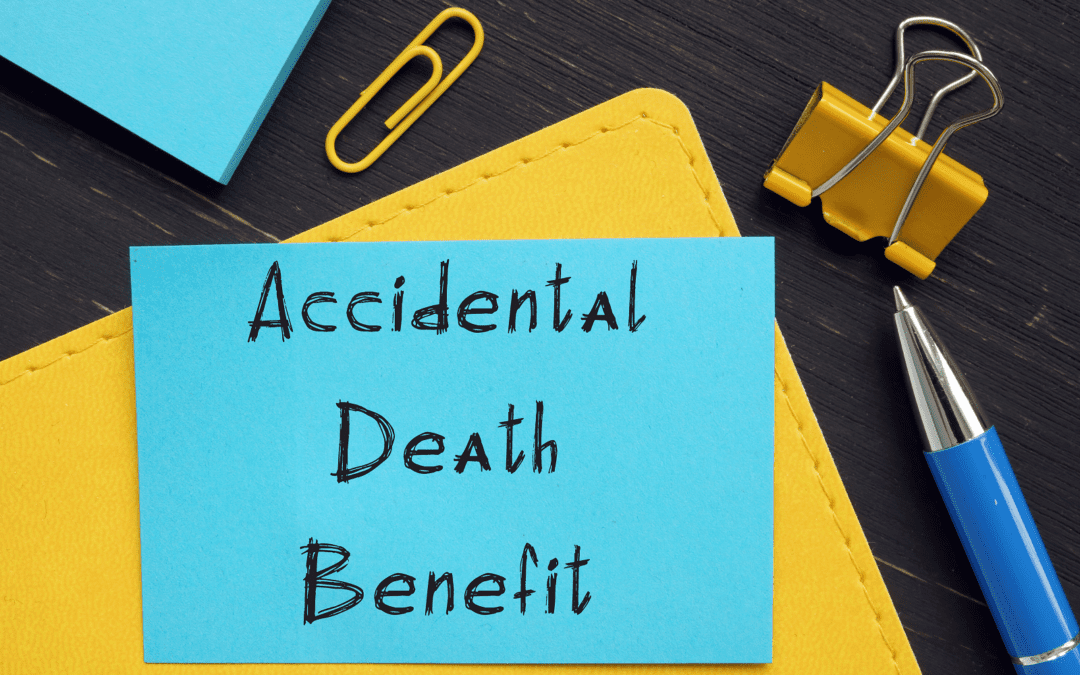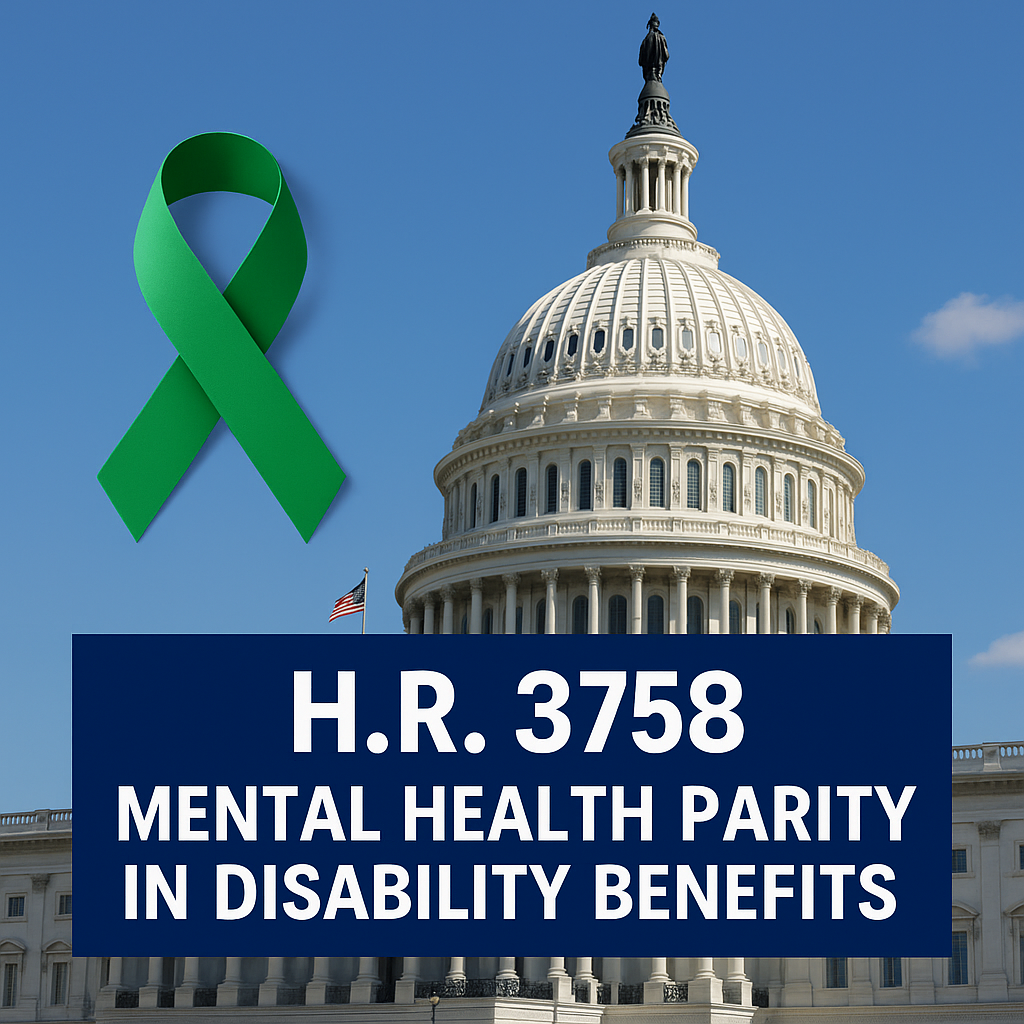Accidental death insurance is a form of life insurance that pays indemnity of the insured dies in an “accident.” The most generally accepted definition of what constitutes an “accident” is that death is both sudden and unexpected. Common examples include automobile accidents, drownings, and fatal falls. However, as litigation has shown, it is not always easy to decide when a death is accidental; and accidental death insurance company policies often also contain exclusions that preclude coverage for deaths that arise under particular circumstances. This guide aims to clarify the nuances of accidental death insurance claims, helping beneficiaries understand their rights and the claim process.
Table of Contents
Deciphering Accidental Death Insurance: Key Criteria and Common Misconceptions
The Centers for Disease Control has published a manual for medical examiners who need to complete a death certificate that includes specification of the decedent’s manner of death – Medical Examiners’ and Coroners’ Handbook on Death Registration and Fetal Death Reporting.
In most instances, the choices are:
- Natural: “due solely or nearly totally to disease and/or the aging process.’’
- Accident: ‘‘there is little or no evidence that the injury or poisoning occurred with intent to harm or cause death. In essence, the fatal outcome was unintentional.’’
- Suicide: ‘‘results from an injury or poisoning as a result of an intentional, self-inflicted act committed to do self-harm or cause the death of one’s self.’’
- Homicide: ‘‘occurs when death results from…’’ an injury or poisoning or from ‘‘…a volitional act committed by another person to cause fear, harm, or death. Intent to cause death is a common element but is not required for classification as homicide.’’
For purposes of accidental death insurance, the specification of “manner of death” may not be definitive, although if a death certificate lists the manner of death as accidental, unless the policy contains an exclusion specifically applicable to the circumstances of the decedent’s death, accidental death insurance benefits are likely payable. A death due to “homicide” would also be considered an accidental death in most instances since the manner of death is both sudden and unexpected. However, benefits would not be payable for natural death, even if it occurs suddenly, or for suicide. Nor would benefits be payable if the insured dies while undergoing medical treatment. In some instances, though, contracting a fatal disease or infection could potentially trigger an accidental death insurance payment; the circumstances of exposure are critical. A member of the public who contracts an illness or infection going about their daily affairs would likely not qualify for accidental death insurance.
Common Exclusions Found in Accidental Death Insurance Policies:
- Drug overdoses are often specifically excluded in accidental death insurance policies even if the overdose is accidental such as when a drug such as fentanyl, which is highly potent, results in an overdose death.
- Most policies also include criminal act exclusions that are applied in circumstances such as driving under the influence of drugs or alcohol or reckless driving.
One issue that often results in claim denials is where someone has an underlying medical condition that may trigger a chain of events that leads to an insured’s death. An example would be a situation where someone suffers a non-fatal heart attack or seizure while driving and loses control of their car. In such an instance, most courts have found coverage was available.
Conversely, someone may suffer a traumatic injury that sets off a chain of events leading to death. In a case our firm won, our client ruptured his Achilles tendon in a pickup basketball game and then later died due to a pulmonary embolism. The court concluded that the initial accident supported a finding that accidental death insurance benefits were due.
The Life of an Accidental Death Insurance Claim
In most situations, insured have both life insurance and accidental death insurance coverage from the same insurance company, often as part of a group benefit program offered by an employer. In such instances, applications for both life insurance and accidental death insurance would be filed simultaneously. Also, with certain exceptions, such a claim would be governed by the federal law applicable to employee benefits – the Employee Retirement Income Security Act (ERISA). It is also possible to purchase an individual accidental death insurance policy, though, which would not be subject to ERISA.
In either instance, it is important to pay attention to policy requirements that specify when claims must be filed. While it is often difficult to deal with insurance claims while grieving the loss of a loved one, the claim can be filed as soon as a death certificate is available, which may sometimes be delayed if an autopsy or other investigation delays completion of the death certificate.
If ERISA applies, a decision should be issued no later than 90 days after the claim is submitted. Claimants need to be aware, though, that if they wish to challenge a denial, they may only have 60 days to do so. Denial letters are supposed to specify the time frame for submitting an appeal – the failure to meet a deadline may preclude a beneficiary’s ability to challenge a denial in court.
When to Get a Lawyer Involved for Your Accidental Death Benefits Claim
Anyone who receives an accidental death insurance denial should immediately seek legal assistance; and in some instances, it may even be prudent to obtain advice and guidance from an attorney even before a claim is submitted in order to avoid pitfalls and possible mistakes. Claim appeals can be complex; and a failure to oversee the appeal properly by submitting all necessary additional evidence and challenging the grounds for the denial asserted by insurance company can not only hamstring the appeal but may also make it impossible to overturn a denial in court.
Not every lawyer is well-versed in or experienced in handling accidental death insurance cases, especially if the claim is governed by ERISA. Claimants need to secure representation from a lawyer who has a proven record of winning accidental death insurance cases, such as the lawyers at DeBofsky Law. Our firm’s ERISA and accidental death insurance experience is unmatched.
Conclusion: Safeguarding Your Rights
Accidental death insurance is there to help families deal with the loss of a family member and to provide financial support after someone’s untimely demise. A beneficiary of an accidental death insurance policy has a legal right to those benefits when the policyholder has died in an accident. It often takes the assistance of an experienced and knowledgeable attorney to protect those rights, though. At DeBofsky Law, our goal is to make sure that our clients’ rights are protected and that our clients receive the benefits they are due.







